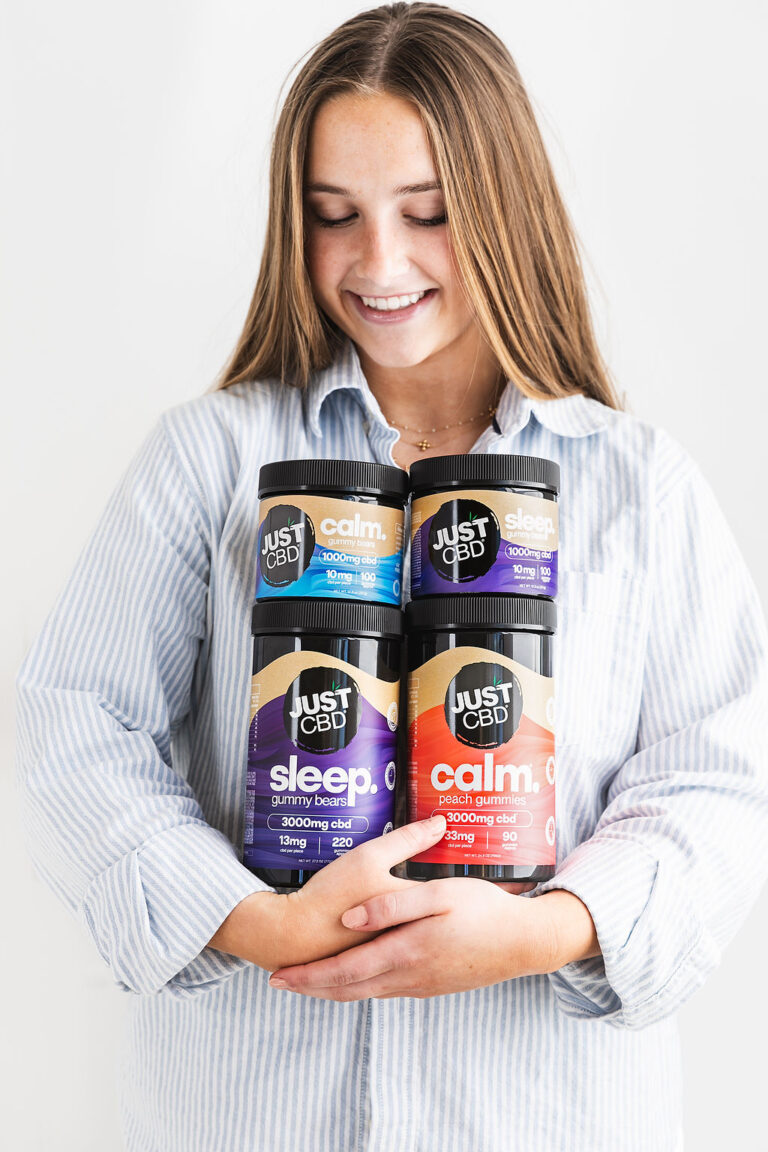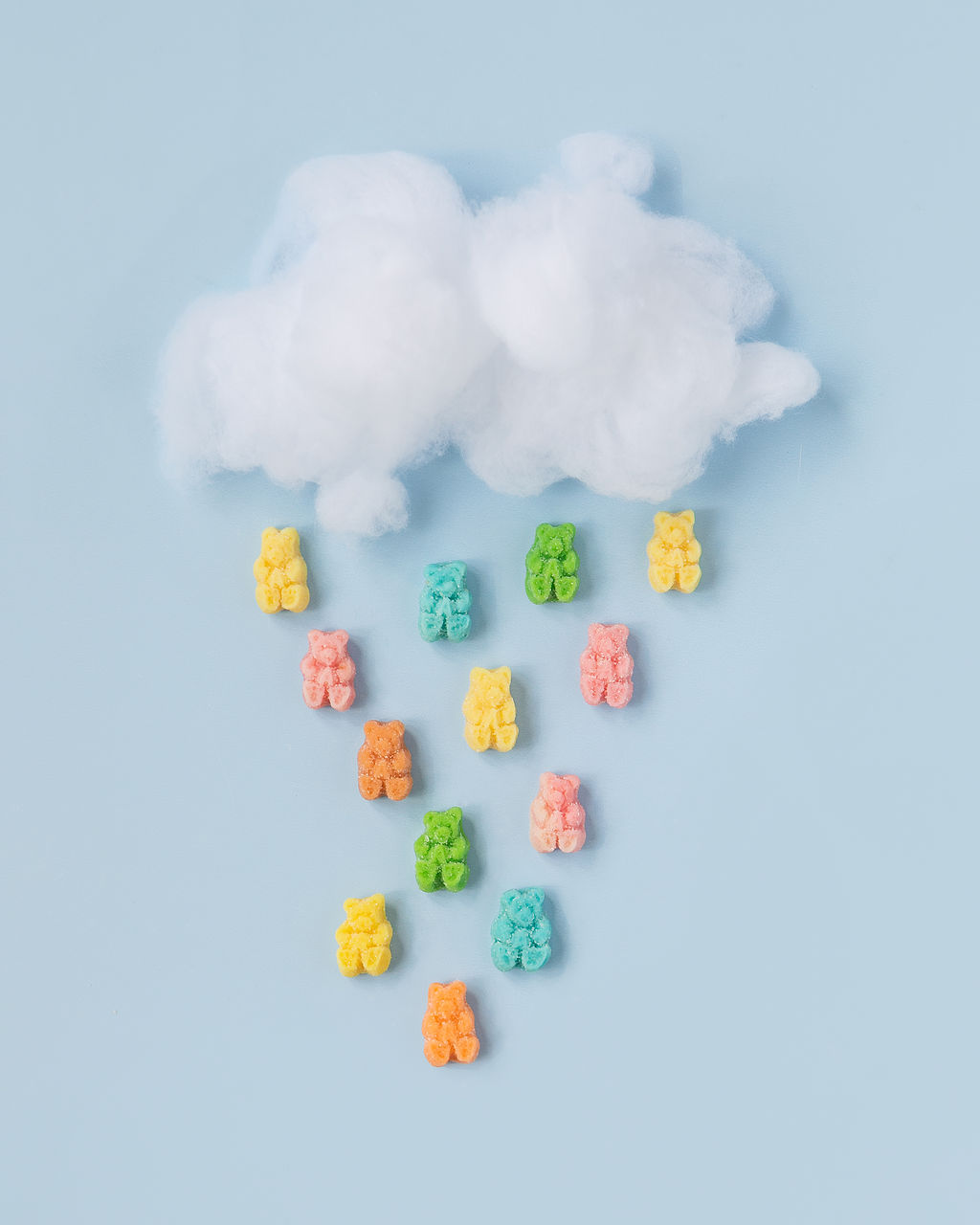Potential Benefits of CBD Tinctures for Anxiety and Stress
In today’s fast-paced world, anxiety and stress have become increasingly prevalent. Individuals are constantly searching for effective ways to manage these issues and improve their overall well-being. CBD tinctures, derived from hemp plants, have emerged as a popular option due to their potential therapeutic benefits. These concentrated extracts contain cannabidiol (CBD), a non-psychoactive compound known for its potential to alleviate anxiety and stress symptoms.
How CBD Interacts with the Endocannabinoid System
CBD tinctures are gaining popularity as a potential natural remedy for anxiety and stress. This interest stems from CBD’s interaction with the endocannabinoid system (ECS), a complex network of receptors found throughout the body. The ECS plays a crucial role in regulating various physiological processes, including mood, sleep, appetite, and pain perception.
CBD is believed to exert its anxiolytic effects by binding to specific receptors within the ECS, primarily CB1 and CB2 receptors. By modulating these receptors, CBD can help restore balance to the ECS and alleviate symptoms associated with anxiety and stress. Studies have shown that CBD may reduce feelings of anxiety, improve sleep quality, and promote relaxation.
CBD’s Effects on Neurotransmitters Involved in Stress Response
One potential benefit of CBD tinctures for anxiety and stress is their ability to influence neurotransmitters involved in the stress response. Neurotransmitters like serotonin, dopamine, and GABA are crucial for regulating mood, emotions, and feelings of calm.
Research suggests that CBD may help increase levels of serotonin and dopamine, which are associated with feelings of well-being and happiness. Additionally, CBD may enhance the activity of GABA, an inhibitory neurotransmitter that promotes relaxation and reduces anxiety.
Studies on CBD and Anxiety Reduction
CBD tinctures are gaining popularity as a potential natural remedy for anxiety and stress. This interest stems from CBD’s interaction with the endocannabinoid system (ECS), a complex network of receptors found throughout the body. The ECS plays a crucial role in regulating various physiological processes, including mood, sleep, appetite, and pain perception.
CBD is believed to exert its anxiolytic effects by binding to specific receptors within the ECS, primarily CB1 and CB2 receptors. By modulating these receptors, CBD can help restore balance to the ECS and alleviate symptoms associated with anxiety and stress. Studies have shown that CBD may reduce feelings of anxiety, improve sleep quality, and promote relaxation.
One potential benefit of CBD tinctures for anxiety and stress is their ability to influence neurotransmitters involved in the stress response. Neurotransmitters like serotonin, dopamine, and GABA are crucial for regulating mood, emotions, and feelings of calm.
Research suggests that CBD may help increase levels of serotonin and dopamine, which are associated with feelings of well-being and happiness. Additionally, CBD may enhance the activity of GABA, an inhibitory neurotransmitter that promotes relaxation and reduces anxiety.
- CBD is thought to modulate serotonin, dopamine, and GABA levels, all key neurotransmitters involved in mood regulation, reducing stress and anxiety.
- Studies have shown promising results suggesting CBD’s effectiveness in managing anxiety symptoms in both humans and animals.
- The bioavailability of CBD tinctures is generally high, allowing for faster absorption into the bloodstream compared to other forms of CBD.
Dosage Considerations for CBD Tinctures
When considering CBD tinctures for managing anxiety and stress, dosage is a crucial factor. The appropriate dosage can vary depending on individual factors such as body weight, metabolism, and the severity of symptoms. Starting with a low dose and gradually increasing it until the desired effects are achieved is recommended.
Factors Influencing Optimal Dosage
Dosage considerations for CBD tinctures are essential to ensure safety and effectiveness. Several factors influence the optimal dosage for managing anxiety and stress, including body weight, metabolism, and individual sensitivity to CBD. It’s crucial to start with a low dose, typically 5-10 mg of CBD, and gradually increase it as needed until the desired effects are achieved.
Monitoring how your body responds to the dosage is important. If you experience any adverse effects, such as drowsiness or changes in appetite, reduce the dose or consult with a healthcare professional.
Starting Points and Gradual Increase
Dosage considerations for CBD tinctures are essential to ensure safety and effectiveness. Several factors influence the optimal dosage for managing anxiety and stress, including body weight, metabolism, and individual sensitivity to CBD. It’s crucial to start with a low dose, typically 5-10 mg of CBD, and gradually increase it as needed until the desired effects are achieved.
Monitoring how your body responds to the dosage is important. If you experience any adverse effects, such as drowsiness or changes in appetite, reduce the dose or consult with a healthcare professional.
Choosing a Quality CBD Tincture
In today’s world of constant stressors, finding effective ways to manage anxiety and stress has become a priority for many. CBD tinctures have emerged as a potential natural solution due to their unique composition and potential therapeutic benefits. These concentrated extracts, derived from hemp plants, contain cannabidiol (CBD), a non-psychoactive compound known for its possible anxiolytic effects.
Source and Extraction Methods
Choosing a quality CBD tincture begins with understanding the source of the hemp plant and the extraction methods used.
Hemp derived from organic farming practices, free from pesticides and herbicides, is preferable. Look for certifications like USDA Organic or Non-GMO Project Verified to ensure the hemp’s quality and purity.
Extraction methods also play a crucial role in determining the final product’s potency and safety. CO2 extraction is widely considered the gold standard as it uses carbon dioxide under high pressure to extract CBD, resulting in a purer and more potent concentrate.
Other methods like ethanol or hydrocarbon extraction may leave residual solvents in the final product, which can be harmful if not properly removed. Always check the label for information about the extraction method used.

Transparency from the manufacturer is essential. A reputable brand will clearly list the source of their hemp, the extraction process used, and the CBD concentration in each serving.
Third-Party Lab Testing
Choosing a quality CBD tincture begins with understanding the source of the hemp plant and the extraction methods used.
Hemp derived from organic farming practices, free from pesticides and herbicides, is preferable. Look for certifications like USDA Organic or Non-GMO Project Verified to ensure the hemp’s quality and purity.
Extraction methods also play a crucial role in determining the final product’s potency and safety. CO2 extraction is widely considered the gold standard as it uses carbon dioxide under high pressure to extract CBD, resulting in a purer and more potent concentrate.
Other methods like ethanol or hydrocarbon extraction may leave residual solvents in the final product, which can be harmful if not properly removed. Always check the label for information about the extraction method used.
Transparency from the manufacturer is essential. A reputable brand will clearly list the source of their hemp, the extraction process used, and the CBD concentration in each serving.
One of the most important factors to consider when choosing a CBD tincture is third-party lab testing.
- Independent labs analyze the product for potency, purity, and the presence of contaminants such as pesticides, heavy metals, or solvents. Look for a Certificate of Analysis (COA) provided by the manufacturer that shows the results of these tests.
Concentration and Potency
Choosing a quality CBD tincture involves several key factors. Start by examining the source of the hemp plant. Opt for organic hemp cultivated without pesticides and herbicides, seeking certifications like USDA Organic or Non-GMO Project Verified to ensure purity.
The extraction method also plays a crucial role. CO2 extraction is considered the gold standard as it produces a purer and more potent extract. Avoid tinctures extracted using ethanol or hydrocarbons, which may leave residual solvents. Always check the label for information about the extraction process used.
Transparency from the manufacturer is essential. Reputable brands will clearly state the source of their hemp, the extraction method, and the CBD concentration per serving.
Before making a purchase, look for third-party lab testing results. Independent labs analyze the product for potency, purity, and contaminants like pesticides or heavy metals. Request a Certificate of Analysis (COA) from the manufacturer to verify these tests.

When deciding on a CBD tincture concentration, consider your individual needs and preferences. Tinctures are available in varying strengths, typically ranging from 10mg to 50mg of CBD per serving.
Begin with a lower concentration (around 10mg) and gradually increase the dosage until you achieve the desired effects. Remember that everyone responds differently to CBD, so finding the right concentration may require some experimentation.
Potential Side Effects and Interactions
While CBD tinctures show promise for managing anxiety and stress, it’s important to be aware of potential side effects and interactions. CBD can interact with certain medications, including those that affect the liver, blood thinners, and antidepressants. It may also cause side effects like drowsiness, changes in appetite, or diarrhea in some individuals.
Common Side Effects of CBD
While CBD tinctures show promise for managing anxiety and stress, it’s important to be aware of potential side effects and interactions. CBD can interact with certain medications, including those that affect the liver, blood thinners, and antidepressants. It may also cause side effects like drowsiness, changes in appetite, or diarrhea in some individuals.
- Potential side effects of CBD include drowsiness, diarrhea, changes in appetite, fatigue, and dry mouth.
- CBD can interact with medications, so it’s essential to consult with a healthcare professional before using CBD if you are taking any prescription drugs.
Drug Interactions with CBD
While CBD tinctures show promise for managing anxiety and stress, it’s important to be aware of potential side effects and interactions. CBD can interact with certain medications, including those that affect the liver, blood thinners, and antidepressants. It may also cause side effects like drowsiness, changes in appetite, or diarrhea in some individuals.
Potential side effects of CBD include drowsiness, diarrhea, changes in appetite, fatigue, and dry mouth.
CBD can interact with medications, so it’s essential to consult with a healthcare professional before using CBD if you are taking any prescription drugs.
Legal Status and Regulations of CBD
The legal status of CBD varies depending on the country and region.
- In the United States, the 2018 Farm Bill legalized the cultivation and sale of hemp-derived products containing less than 0.3% THC. This has led to a surge in CBD products being made available nationwide.
- However, CBD derived from marijuana remains illegal at the federal level in the U.S., although some states have legalized it for medical or recreational use.
- In Europe, regulations surrounding CBD are more stringent than in the U.S., with varying legal frameworks across different countries.
- Some European Union countries allow for the sale of CBD products derived from industrial hemp, while others impose stricter restrictions.
- Other parts of the world have their own specific regulations regarding CBD, with some countries outright prohibiting its use and others allowing it under certain conditions.
Conclusion
CBD tinctures offer a potentially promising approach to managing anxiety and stress, supported by research suggesting their efficacy in reducing symptoms. However, it’s crucial to choose high-quality products from reputable manufacturers who provide transparent information about sourcing, extraction methods, and lab testing results.
Starting with low doses and gradually increasing them as needed is essential to determine individual tolerance and optimize effectiveness. While generally well-tolerated, CBD can interact with medications and may cause side effects in some individuals. Consulting with a healthcare professional before using CBD is recommended, especially for those with pre-existing medical conditions or who are taking medications. Finally, being aware of the legal status of CBD in your region is crucial to ensure compliance with local regulations.
Try CBD tincture drops for anxiety relief
- Is Obagi Blue Peel Radiance Peel Effective For Oily Skin In Kingston Upon Thames - September 25, 2025
- Is CBD Tincture The Best Way To Manage Anxiety And Stress? - September 24, 2025
- Fine Lines And Wrinkles Treatment In Betchworth, Surrey - September 24, 2025